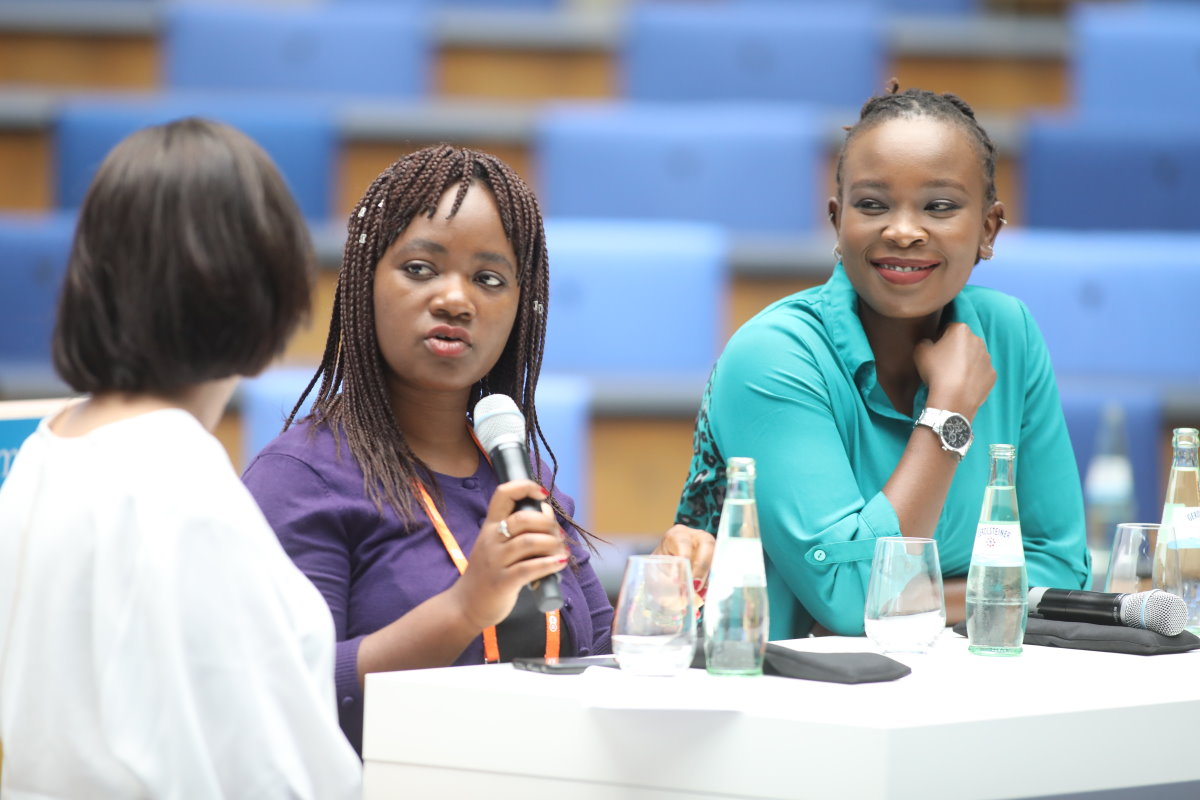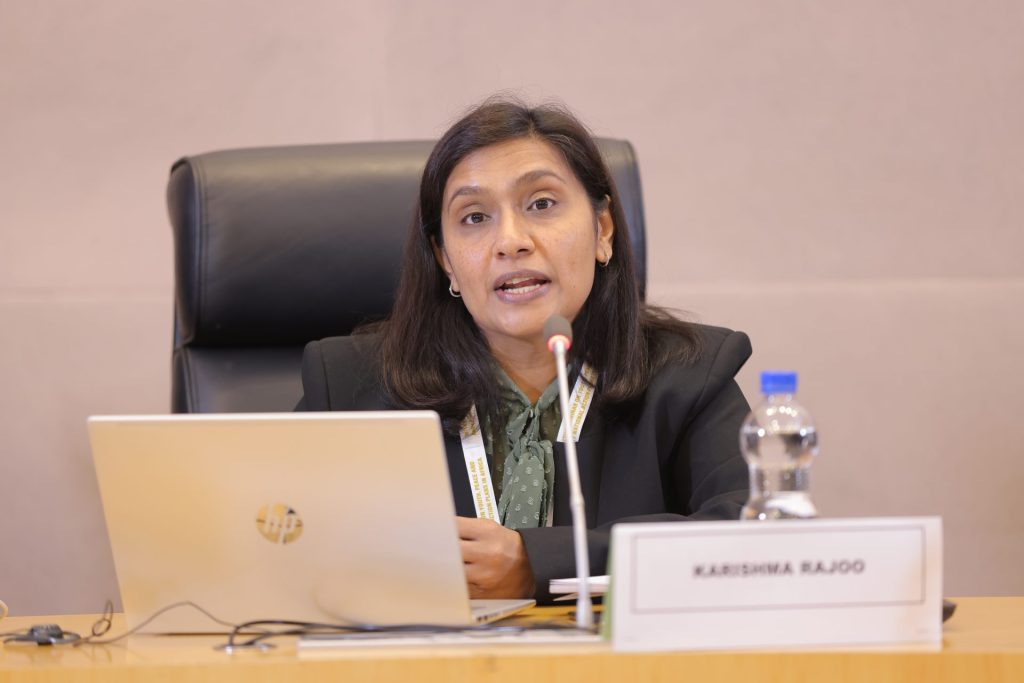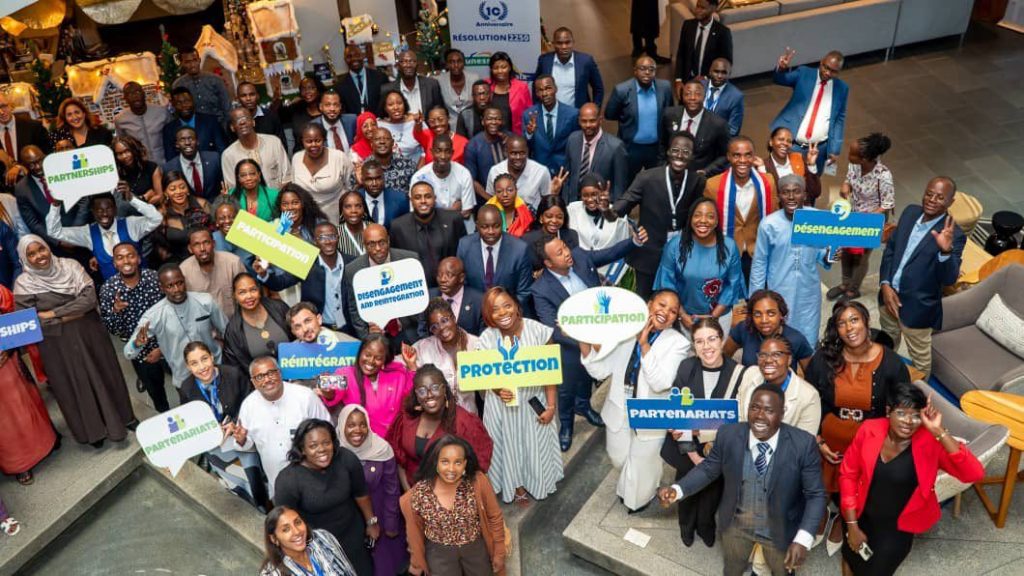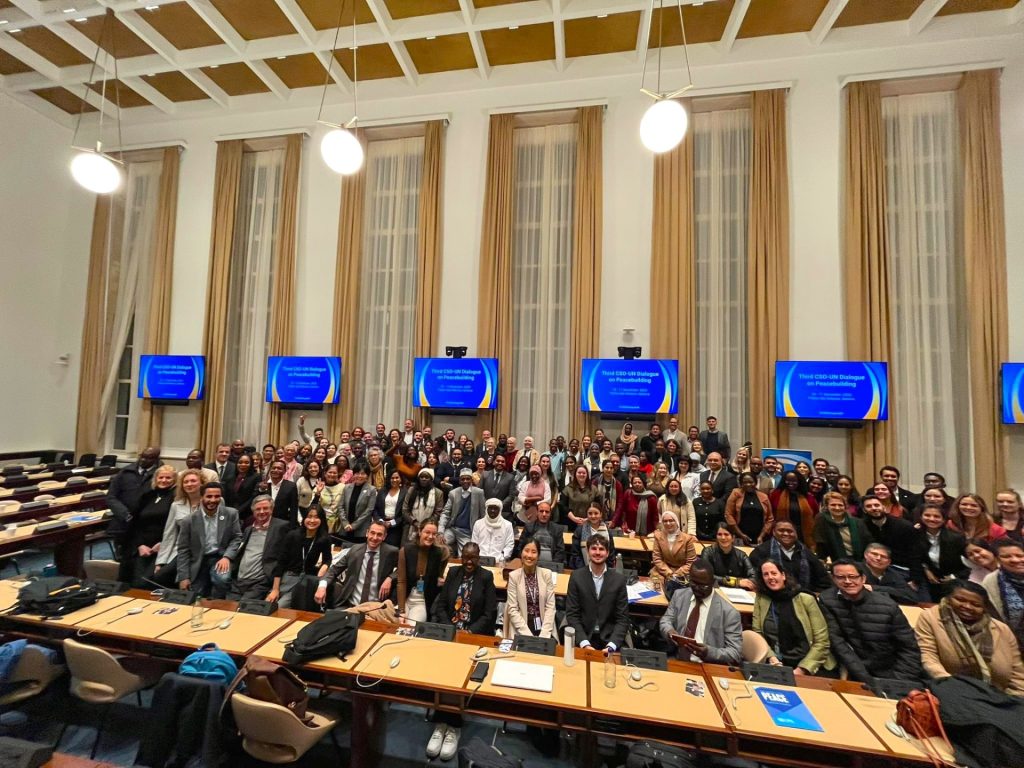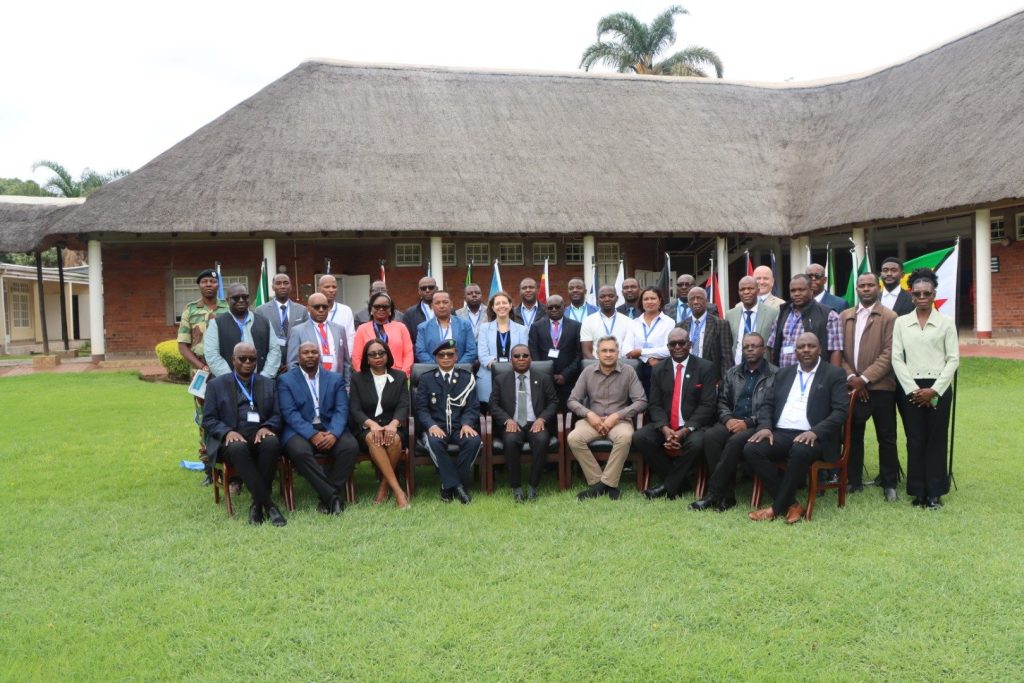On the 15th of April, ACCORD, in partnership with the International Development Research Centre (IDRC) hosted its final training session of the ‘Managing Conflict, Intervening for Peace: Young Leaders Respond’ event. This training, which specifically focused on mediation, brought an end to the one-month long event that sought to engage with young women who have or are currently meaningfully involved in peacebuilding processes within the Southern African region. The event constituted a total of six trainings as well as two coaching and mentoring sessions, which were all facilitated by Ms. Alison Lazarus.
The ‘Managing Conflict, Intervening for Peace: Young Leaders Respond’ event locates itself as part of a project that ACCORD, in partnership with IDRC, initiated in order to actively document the role and nuanced experiences of women leaders who have or are currently meaningfully involved in peacebuilding processes. The project, which has been operational since 2019, seeks to address the gender gaps in the literature on Women, Peace and Security by detailing and drawing lessons from the unique experiences of these women and underlining their value-addition to sustainable development and durable peace.
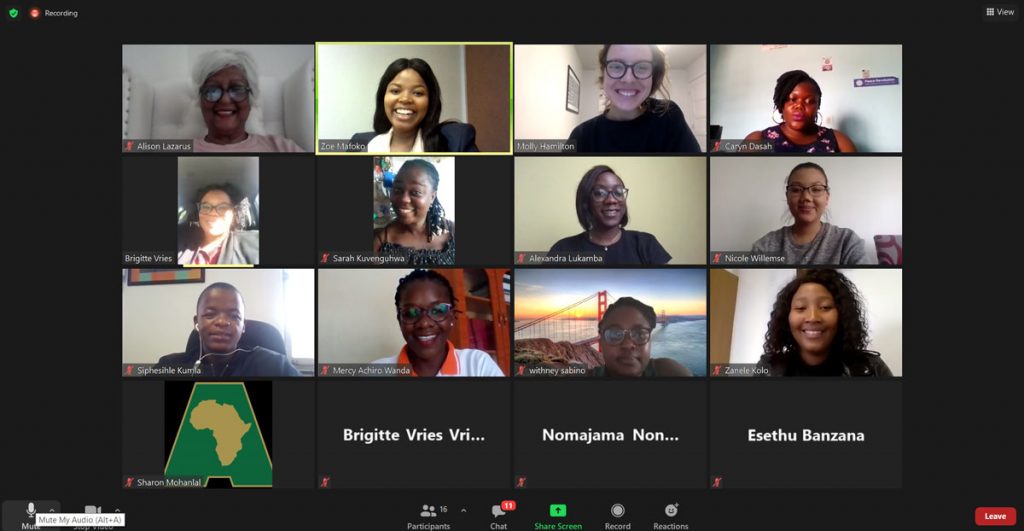
The trainings and the coaching and mentoring sessions were organised to meet the following objectives:
- Enhance knowledge and understanding of young women involved in processes of peacebuilding, as well as the role they can play and good practices of those with prior experience;
- Increase capacity and confidence of young women to participate and greater prominence of young voices in future peace processes garnered through interactions and trainings; and
- Enhance networking and collaboration among young women leaders engaged in peacebuilding across the region that can feed into policy processes.
The key themes that were discussed during the eight sessions focused on the following content:
- Conflict Analysis Tools and Application
- Peacebuilding Actors and Phases
- Youth Peacebuilding Initiatives
- Negotiation and Mediation
A multitude of lessons were extrapolated from each of the training, mentoring and coaching sessions. With the guidance of Ms Lazarus, as well as the experience sharing of the participants themselves, various tools and resources were revealed that sought to equip each participant with the knowledge they need to manage conflict. Every session was accompanied by activities that required participants to apply the content they had learned and utilise it in various real-life contexts. Overall, the sessions laid the foundations of peacebuilding and the various elements that supplement the complex and multidimensional process.
This event locates itself in ACCORD’s strategic pillar 3: Enhanced Role of Women in Peace Processes and pillar 4 increased roles of youth in peace processes. Furthermore, it is part of the broader agenda of UNSC Resolution 1325 on Women, Peace, and Security.
ACCORD looks forward to organising more events that will seek to increase the participation of youth and women at all levels of decision-making.

